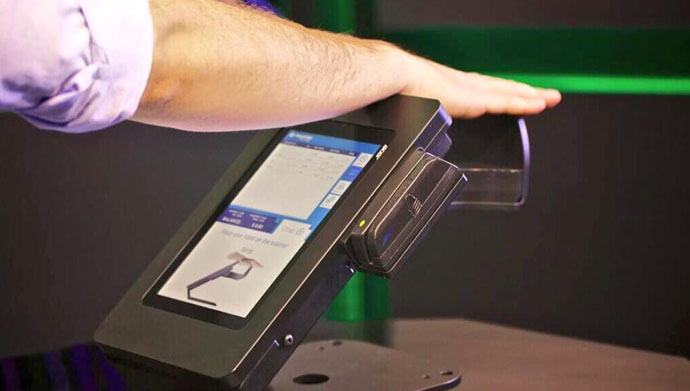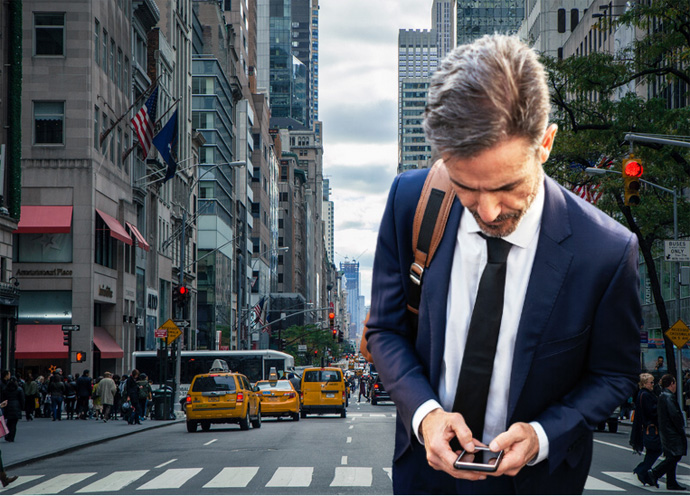PulseWallet Lets You Pay For Things Using Your Veins

Remember those awkward times you ordered coffee only to find you left your wallet back at the office? Remember that date when you actually did forget your credit card and couldn’t chip in?
PulseWallet aims to make these experiences a thing of the past by putting all your payment information in the palm of your hand. The new payment system, unveiled at last week’s Consumer Electronics Show (CES), is capable of syncing your credit card information with the unique vein pattern just below the skin of your palm.
Biometric is the future,” PulseWallet CTO Matt Saricicek said. “Now we can unlock our phone with our fingerprint. We’re becoming lazier, and we demand convenience.”
Enrolling in the system will certainly be convenient, according to the official site. When you make a purchase, you’ll swipe your credit card as usual and then scan your hand. The system will remember your vein pattern, allowing you to pay with a simple hand scan for future purchases. You’ll also be able to review purchases and manage your virtual wallet via a mobile app. The Verge reports that a second degree of security requires customers to input their phone numbers.
PulseWallet isn’t being used by any businesses just yet. According to The Verge, the system will go on sale in February.
The new technology, which uses PalmSecure to scan hands, has the potential to become popular. It’s fast and noninvasive, and it has very little room for security breaches. As Saricicek says, security is the top priority.
Enrolling and using the program is free for consumers, but the machine will cost a still-unspecified amount for businesses.
Whether the device will take off in the U.S. is yet to be seen, but similar technology is already in use. Countries like Italy and Brazil use PalmSecure to verify certain ATM transactions. In the U.S., some hospitals use it to identify patients, and some schools use it to let kids pay for lunch. However, this will be the first time palm-scanning technology is used for typical consumer transactions.









































